Exploring the Role of Police Discretion in Law Enforcement
Did you know that police officers have the freedom to make decisions based on their judgment and wisdom rather than strictly following the letter of the law? This concept, known as police discretion, plays a crucial role in law enforcement, allowing officers to respond to situations according to what is lawful and reasonable.
Police discretion provides officers with the ability to make quick decisions in high-pressure and stressful circumstances. It allows them to adapt and respond effectively to the unique complexities and challenges they face in their daily work. However, it is important to note that police discretion is not unlimited and must still adhere to legal and ethical boundaries.
Key Takeaways:
- Police discretion refers to the freedom that police officers have to make decisions based on their judgment and wisdom.
- It allows officers to respond to situations according to what is lawful and reasonable, rather than strictly following the letter of the law.
- Police discretion is not unlimited and must still adhere to legal and ethical boundaries.
- It plays a crucial role in law enforcement, enabling officers to make quick decisions in high-pressure situations.
- Proper training and support are essential to ensure that officers exercise discretion responsibly.
Examples of Police Discretion in Law Enforcement
Police officers exercise discretion in a wide range of situations as part of their daily responsibilities. This discretion enables them to make informed decisions based on their professional judgment and the specific circumstances they encounter. Here are some examples of police discretion in law enforcement:
- Draw a Weapon: In situations where there is a perceived threat to their safety or the safety of others, officers may exercise discretion in deciding whether to draw their firearms.
- Make an Arrest: Officers have the authority to determine whether an arrest is necessary based on the evidence, severity of the offense, and the potential danger posed by the individual.
- Issue a Traffic Ticket: When observing traffic violations, officers can use their discretion to decide whether to issue a ticket, provide a warning, or take alternative measures.
- Perform a Search: During investigations, officers may decide to conduct a search on a suspect or their property based on the available information and the legal requirements for a search warrant or probable cause.
- Assist someone in need: Police officers often encounter situations where they have the discretion to stop and offer assistance to individuals in need, such as providing medical aid or helping stranded motorists.
These examples illustrate how police discretion allows officers to adapt their actions to the specific circumstances they face while upholding the principles of law enforcement. However, it is crucial for officers to exercise discretion responsibly and within the boundaries of the law to maintain public trust and accountability.
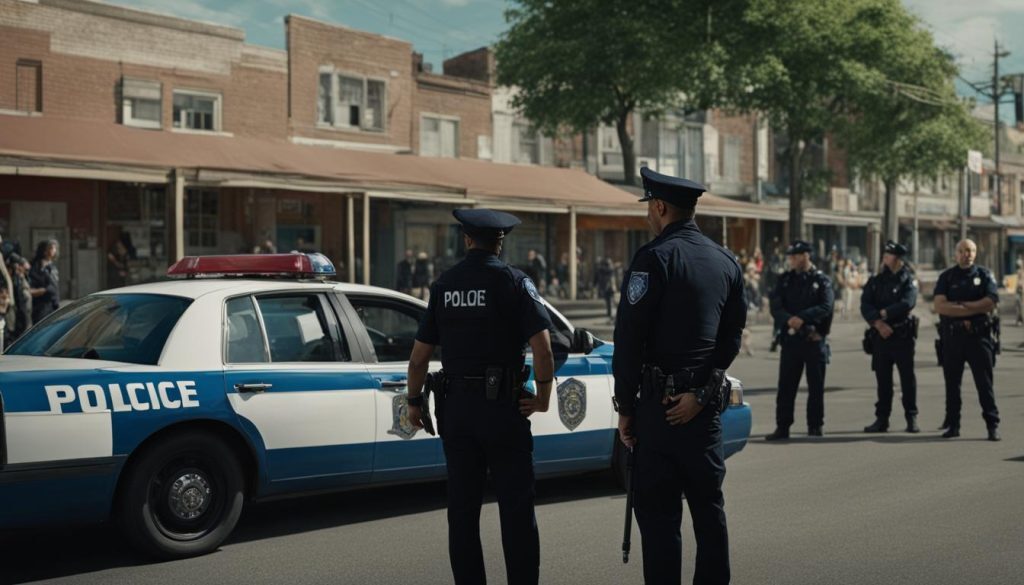
Factors Influencing Police Discretion
When it comes to exercising police discretion, several factors come into play. One significant factor is the officer’s knowledge and understanding of the law. As law enforcement professionals, it is crucial for officers to have a solid grasp of legal principles and guidelines. This knowledge serves as a guide in their decision-making process. By relying on their understanding of the law, officers can determine the appropriate course of action in different situations.
Aside from legal knowledge, situational factors also influence an officer’s exercise of discretion. The severity of the offense, the presence of aggravating circumstances, and the level of threat or danger involved all play a role in shaping an officer’s decision-making process. These factors help officers assess the risks and determine the necessary level of intervention.
Beyond external factors, an officer’s personal beliefs, values, and experiences can also impact their discretion. Each individual brings their unique perspective to the job, which can influence the way they perceive a situation and the actions they take. Personal biases and prejudices can subconsciously shape an officer’s response, making it crucial for police departments to address these issues through proper training and support.
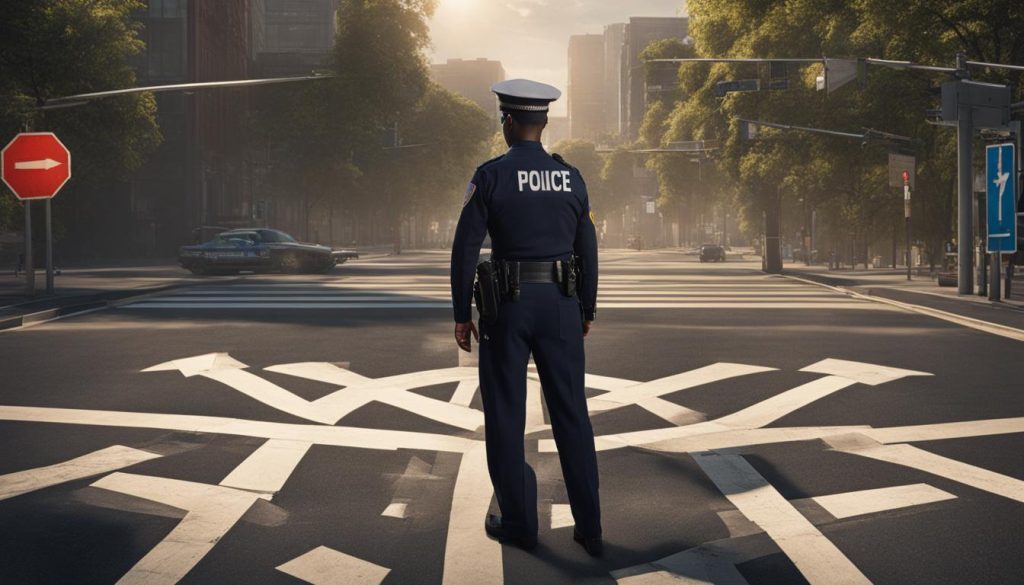
In conclusion, police discretion is influenced by a variety of factors. The officer’s knowledge of the law, situational considerations, and personal beliefs all come into play when making decisions. It is crucial for police departments to provide ongoing training and support to officers to ensure that their exercise of discretion is fair, informed, and in the best interest of public safety.
Importance of Police Discretion
Police discretion plays a vital role in maintaining public safety and upholding the law. Its importance lies in the ability it grants officers to adapt to the complex and ever-changing situations they encounter in their daily work. This flexibility enhances their effectiveness and enables them to respond rapidly to evolving circumstances, ensuring the well-being of individuals and communities across Canada.
One of the key benefits of police discretion is its contribution to judicial economy. By allowing officers to use their judgment in resolving minor issues, discretion prevents the criminal justice system from being burdened with unnecessary cases. Instead, officers can address these matters directly, efficiently, and effectively, freeing up resources to focus on more serious offenses.
Furthermore, police discretion enables officers to exercise their professional judgment when navigating grey areas and ambiguous situations. Not every scenario can be neatly categorized or addressed by a strict interpretation of the law. Officers’ ability to employ discretion empowers them to make nuanced decisions that consider the unique circumstances and the best interests of the community at large.
It is important to emphasize that while police discretion is an essential tool, it must be exercised responsibly and within the boundaries of the law. Accountability and public trust are of utmost importance in the proper use of discretion. When officers are transparent in their decision-making processes and operate within legal and ethical frameworks, it fosters a sense of confidence and appreciation from the public they serve.
To illustrate the importance of police discretion, consider a scenario where an officer encounters an individual suspected of a minor offense, such as a low-level drug possession. In exercising discretion, the officer may choose to issue a warning or refer the individual to a diversion program rather than making an arrest. This allows the officer to address the issue effectively without unnecessarily entangling the individual in the criminal justice system. By utilizing discretion in this way, officers can promote positive outcomes and prevent individuals from being burdened with unnecessary criminal records.
Importance of Police Discretion Table
| Advantages of Police Discretion | Disadvantages of Police Discretion |
|---|---|
| Flexibility in responding to unique circumstances | Potential for abuse of power if not used responsibly |
| Effective prioritization of resources | Risk of violating civil rights if discretion is biased or discriminatory |
| Promotes efficient resolution of minor issues | Possible inconsistent application of discretion by different officers |
| Allows for nuanced decision-making in ambiguous situations | Challenges in establishing clear guidelines for proper discretion |
By striking a balance between discretion and adherence to the law, police officers can utilize their judgment effectively, positively impacting individuals, communities, and the criminal justice system as a whole.
Pros and Cons of Police Discretion
Police discretion plays a crucial role in law enforcement, offering both advantages and limitations. On one hand, it provides officers with increased flexibility, empowering them to respond effectively to unique circumstances and make swift decisions. This adaptability allows for a more efficient allocation of resources, enabling officers to prioritize high-priority cases and address pressing issues in a timely manner.
However, it is important to recognize the limitations of police discretion. Improper use of discretion can potentially lead to abuses of power, violations of civil rights, and unequal treatment of individuals. To address these concerns, police departments must establish clear guidelines and accountability mechanisms to ensure that officers exercise discretion in a fair and consistent manner. By setting strict boundaries and promoting transparency, departments can mitigate the risks associated with discretion and maintain public trust.
Ultimately, the balance between the benefits and limitations of police discretion lies in the responsible and ethical exercise of this power. Proper training and ongoing support for officers are essential to equip them with the necessary knowledge and skills to make informed decisions. Additionally, fostering a culture of accountability and continuous improvement within law enforcement organizations can help prevent the improper use of discretion and enhance public confidence in the system.
- Quebec Police Officer Salary Insights 2023 - July 13, 2025
- Canada Arrest Protocol: What Police Say Upon Arrest - June 12, 2025
- Can Police Disclose Who Reported You? Find Out Here - June 6, 2025



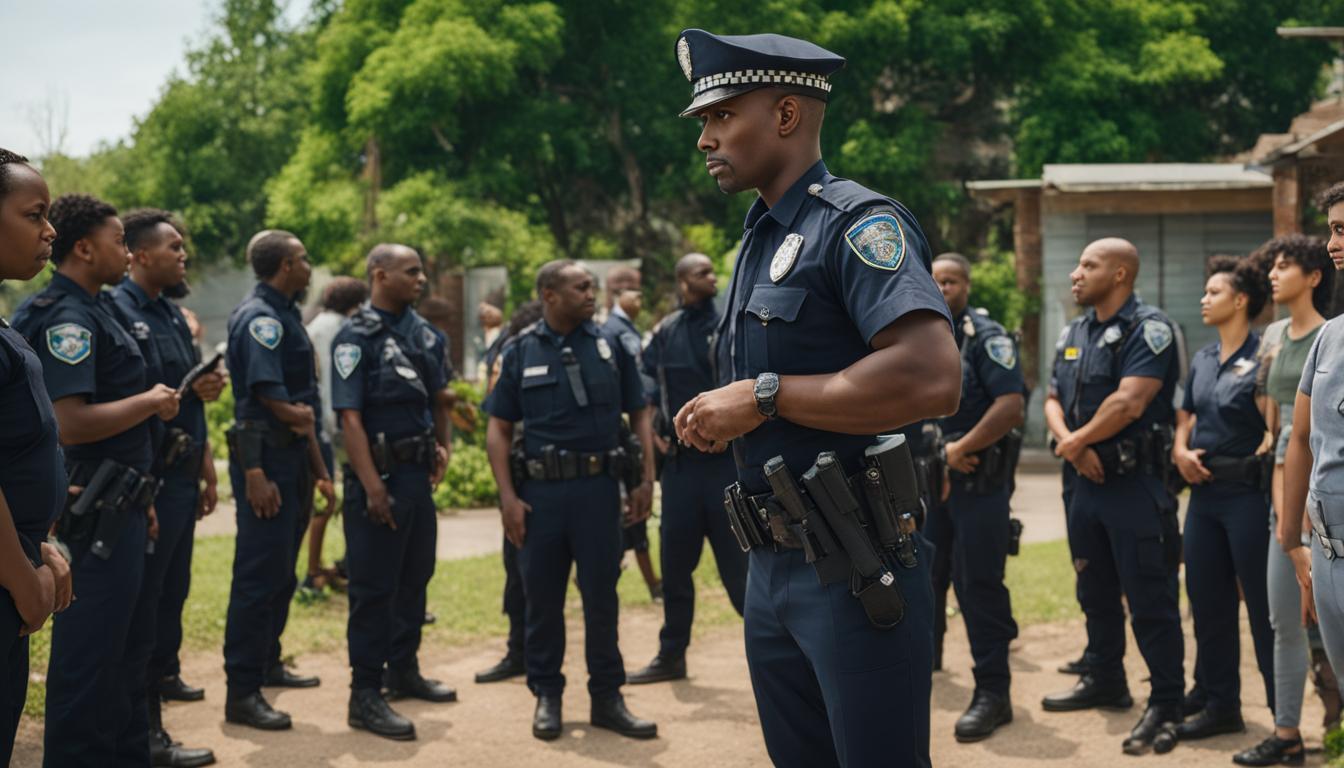
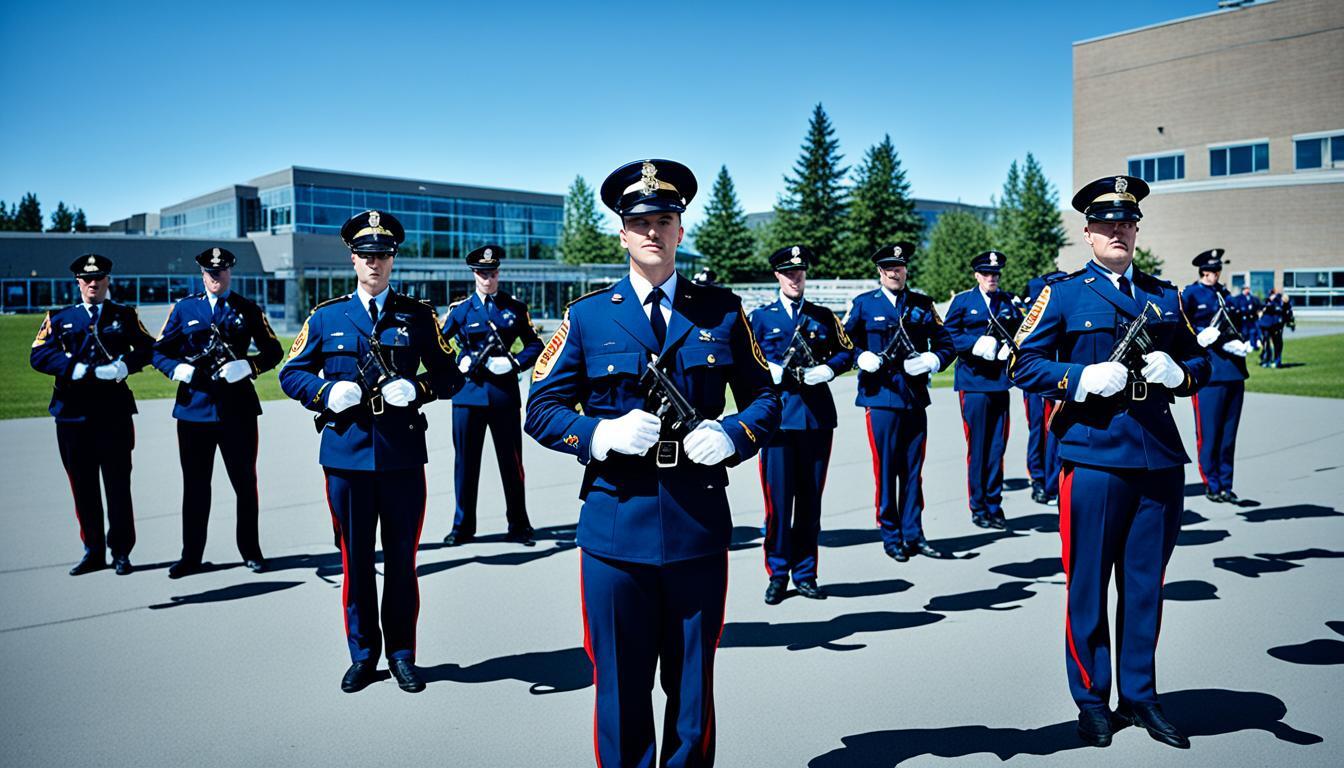

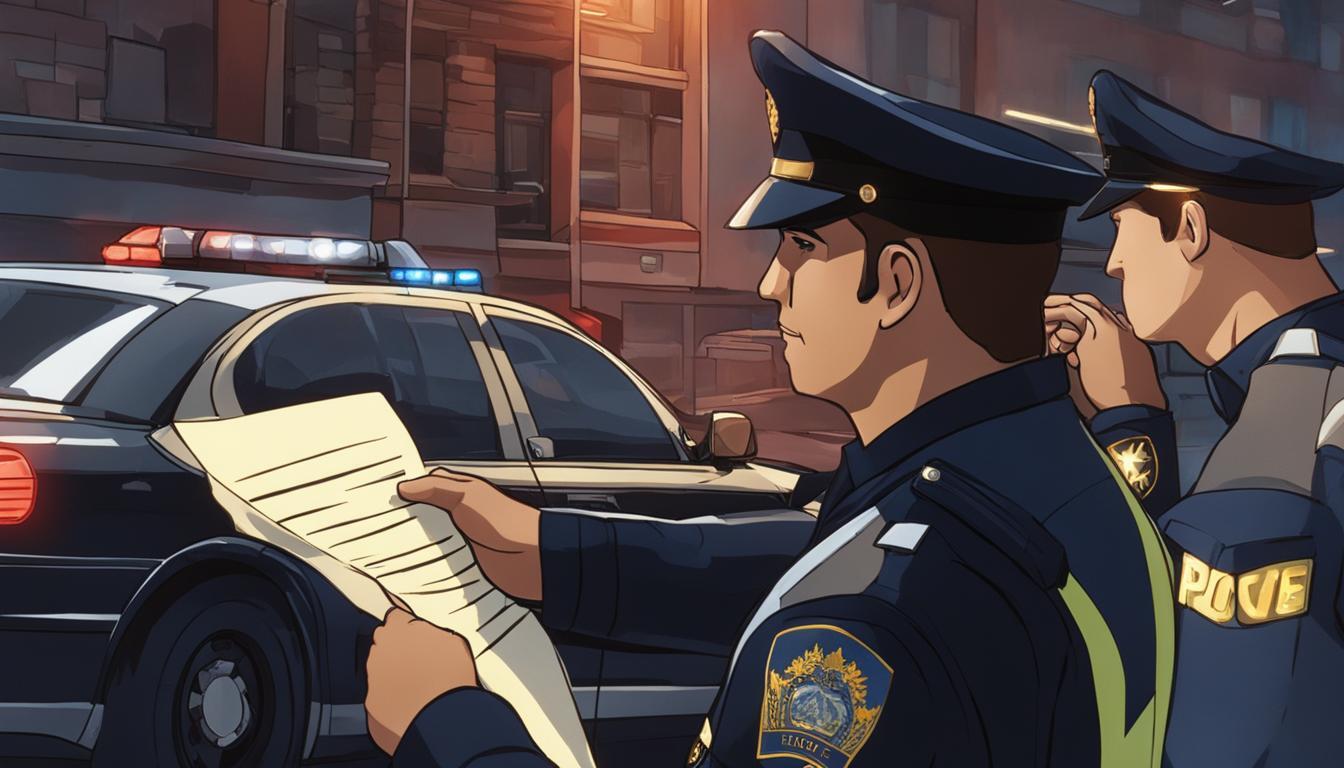


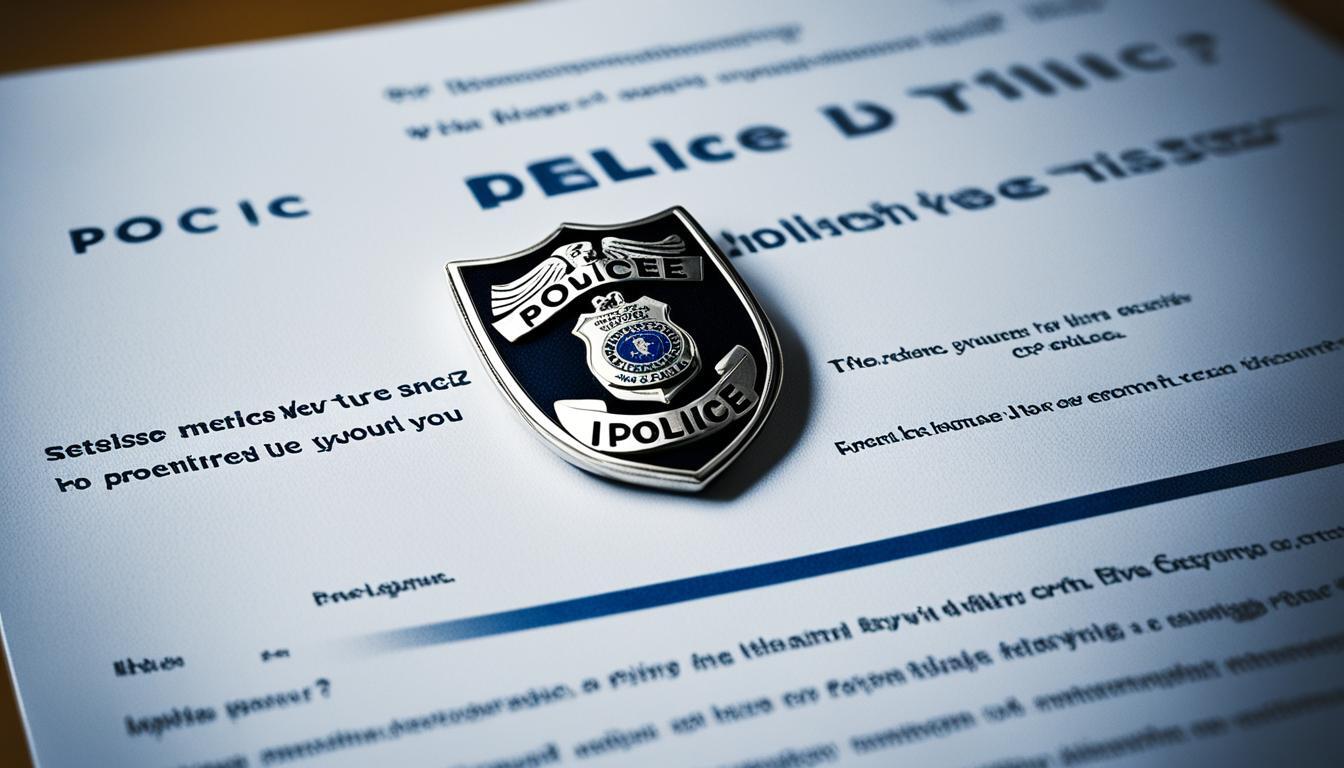










Post Comment